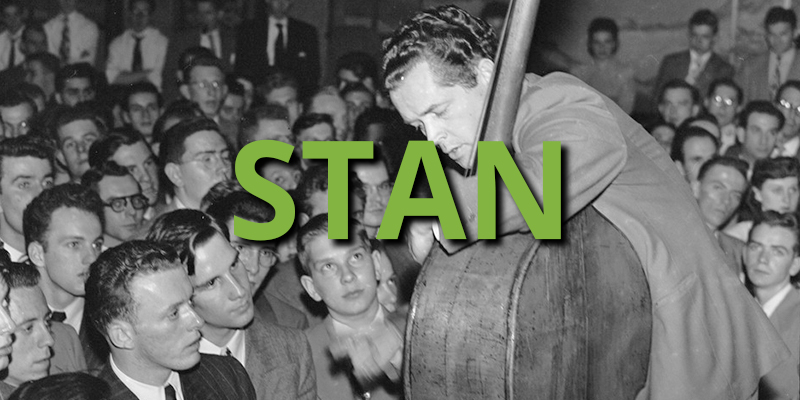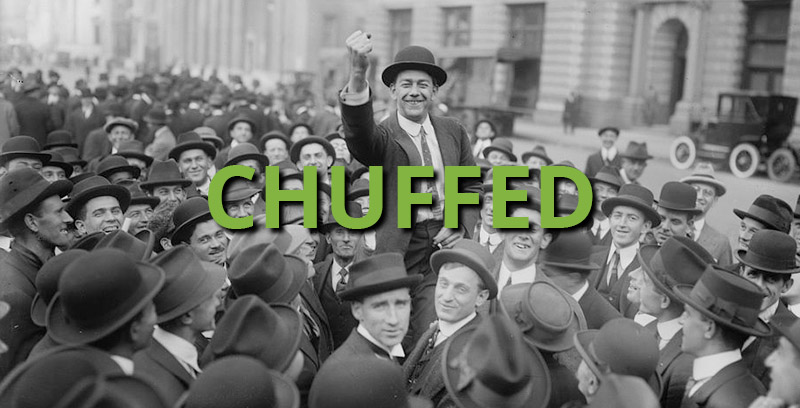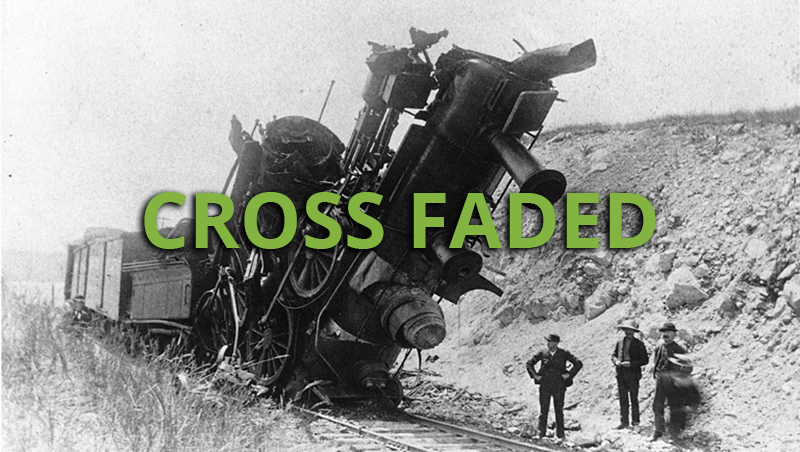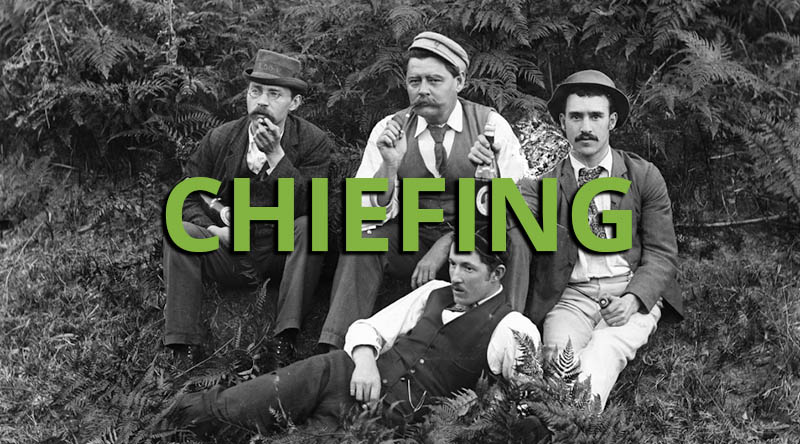What does Goober mean?
A slang term for someone who is being silly. A no-harm-meant jab that is rather kindhearted and goofy.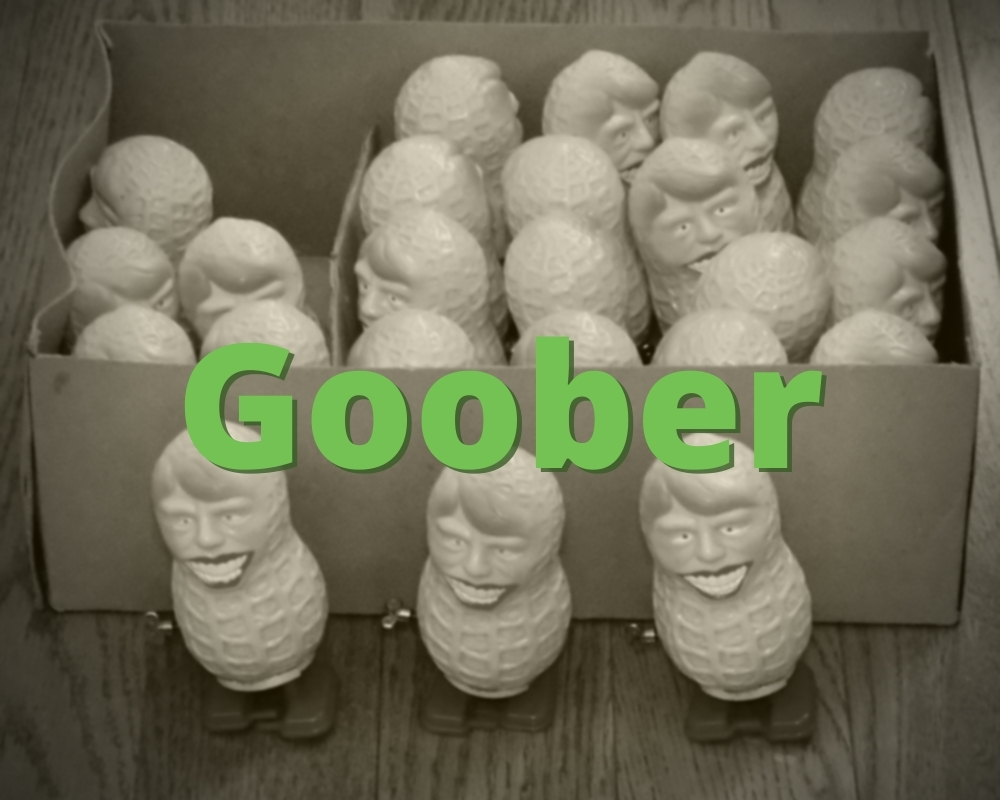
Other definitions of Goober:
- Somebody who is a goofball and likes having fun. The term can communicate your lighthearted feelings for that person.
- A food product that is peanut butter and jelly in the same container, known for its high sugar content. Notably, this name is likely due to peanuts being called goobers in early America.
- An older slang term for peanut, which used to go by "Goober peas" or "earth nut".
All of our slang term and phrase definitions are made possible by our wonderful visitors. If you know of another definition of Goober that should be included here, please let us know.
How to use the term
Goober:
They were being such a goober. It was cute.
You're being a goober.
Pick up some Goober grape and some bread and we can make PB&Js.
Those soldiers had to survive on goobers for months.
References:
A Legume With Many Names: The Story Of 'Goober' | NPR
- A Miscellaneous Item that mentions "Goober."
An NPR article from Code Switch that covers the origin of the word Goober, and its historical context.
- Check it Out
More slang terms:

/B/
4chan's random image board
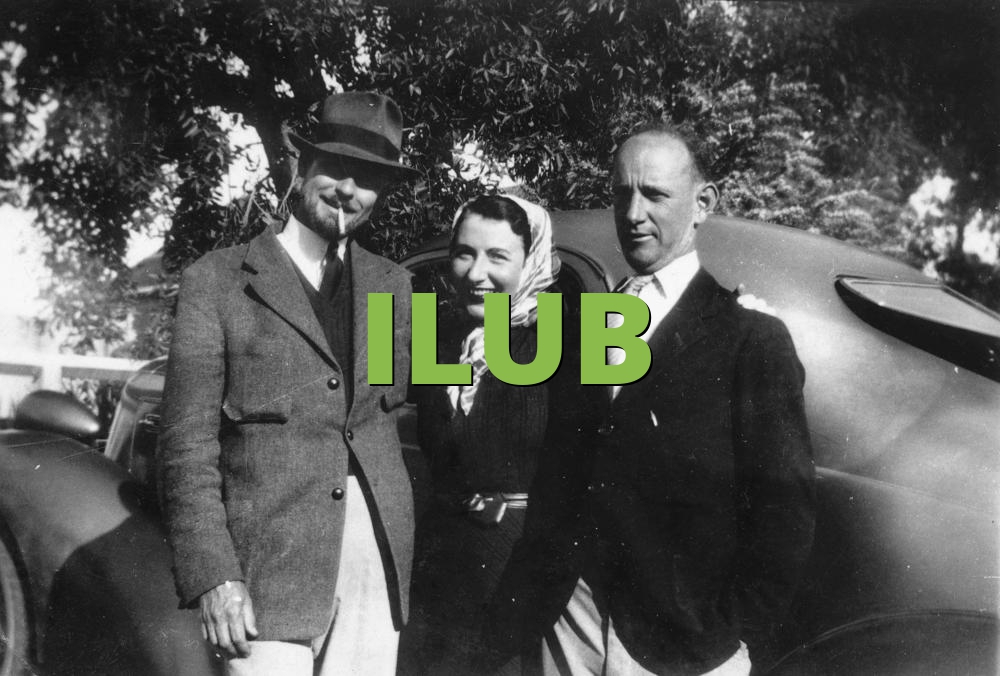
ILUB
I love you baby

LUTA
Let Us Talk Again
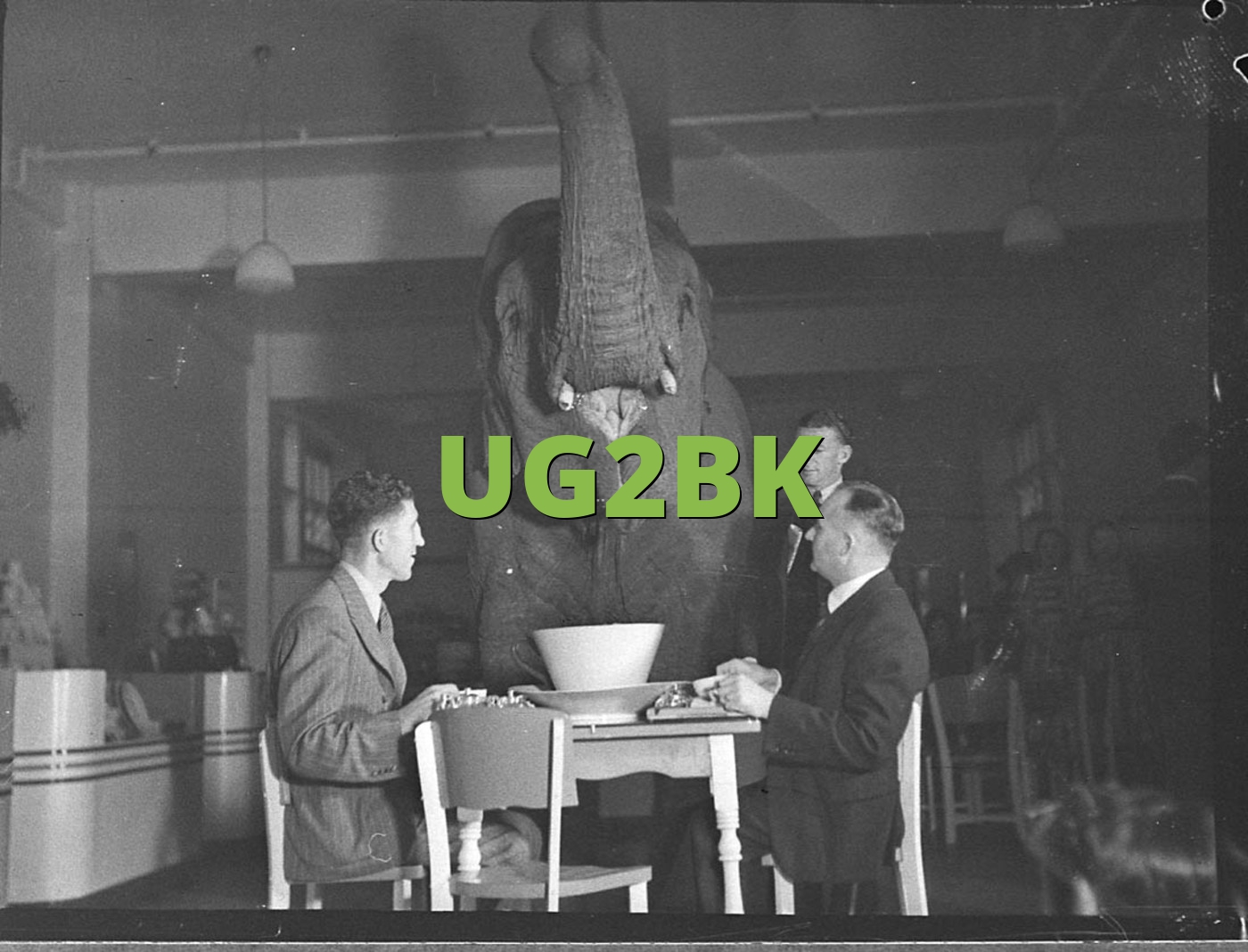
UG2BK
You've Got To Be Kidding
